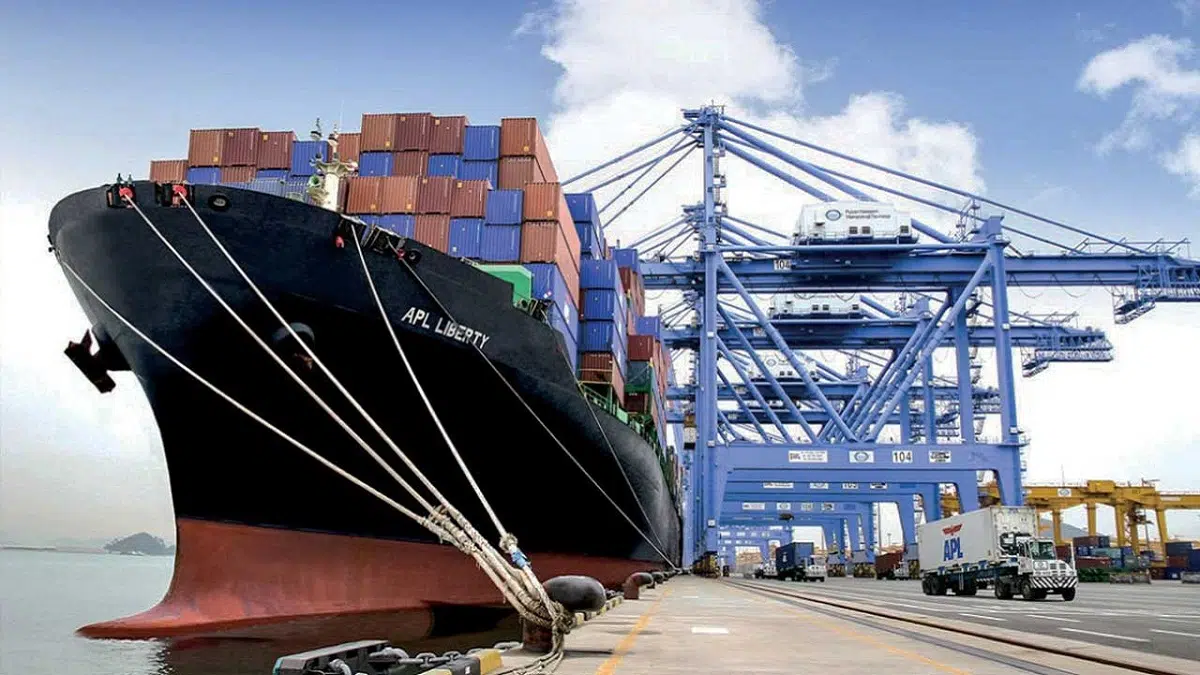Concerns exist over the procurement of ships, the upgrading of Certificates of Competence (CoC), and the introduction of decarbonization in the marine sector in order to involve Nigerian seamen in international trade.
When the management of NLNG Shipping and Marine Services Limited (NSML) invited maritime media to Lagos yesterday, these were the topics of conversation.
Although the company is supervising the construction of a new LPG vessel for a company in South Korea, Abdulkadir Ahmed, the Managing Director of the NLNG Shipping and Marine Services Limited (NSML), said managing the vessel after it is finished will provide opportunities to engage and employ Nigerian seafarers to run the vessel.
In order to expand the prospects for Nigerian seafarers to manage ships involved in international trade, he claimed that NSML has been in contact with a number of organizations, including NNPCL.
Ahmed pointed out that having ships on which Nigerians can sail, work, and train will increase the country’s seafarers’ (CoC) and add Nigeria to the list of nations that earn money from the export of seafarers for international trade.
“With regards to the acceptance of Nigerian CoC internationally, NIMASA is doing a lot with regards to ensuring the CoCs are accepted. The key element comes down to the comfort we can provide to other regulatory bodies internationally about the standards.”
“NSML is available to support NIMASA with regards to pushing that because it also works in our favour. If the Nigerian CoCs are accepted internationally, it makes life easier for our seafarers to want to renew their CoCs. It also creates a large pool of resources from which we can generate revenue.”
“For the acceptance of CoCs, there are some fundamentals towards the bilateral element, which means that the other party must be comfortable that the quality of the CoCs is at the level that is sustainable and the one way we can ensure that is the process of assuring quality is standardised and assured by everybody.”
“We are confident that in a very short while, we will achieve that because supporting the growth and development of the Nigerian maritime industry starts from the fundamentals of building capacity and ensuring competence in capacity,” he said.
Ahmed stated that Nigeria needs to have a specific goal and target when it comes to executing the compliance with the plethora of maritime regulations surrounding greenhouse gas (GHG) emissions and decarbonization, warning that if nothing is done the country will fall behind.
“The IMO and the EU have both set ambitious and strict deadlines for the achievement of these lofty environmental objectives, which we, as an international maritime services company, must ensure that we and our clients comply with totally,” he stated.
According to Ahmed, Nigeria must proactively start tracking its carbon footprint on its equipment, boats, and other assets to make sure stakeholders in the maritime industry comply adequately with the IMO goal of a 40% reduction in carbon emissions by 2030.
According to NSML Dr. Effiong Ekanem-Attah, Manager of Training and marine Center of Excellence (MCOE), the marine sector of the country is falling behind in terms of standardization and development as well as acceptability of CO2 emissions.
While much has changed in the previous six years in terms of decarbonization thanks to technology, he voiced concern that Nigeria would fall behind in the global net-zero aim.
“It is worrisome because if we don’t act soon, especially the net zero objective, which is a global strategy, our entire skills and understanding of the maritime industry will be obsolete within the next five to 10 years. It is something that has got to us!”
“It is changing so rapidly because every time they come up with new and tighter regulations and updates, which have impacts on technology, finance, funding and capacity and everything. The regulation is changing so fast and it is causing worry. We need to distill those regulations down to the local industry,” he said.



